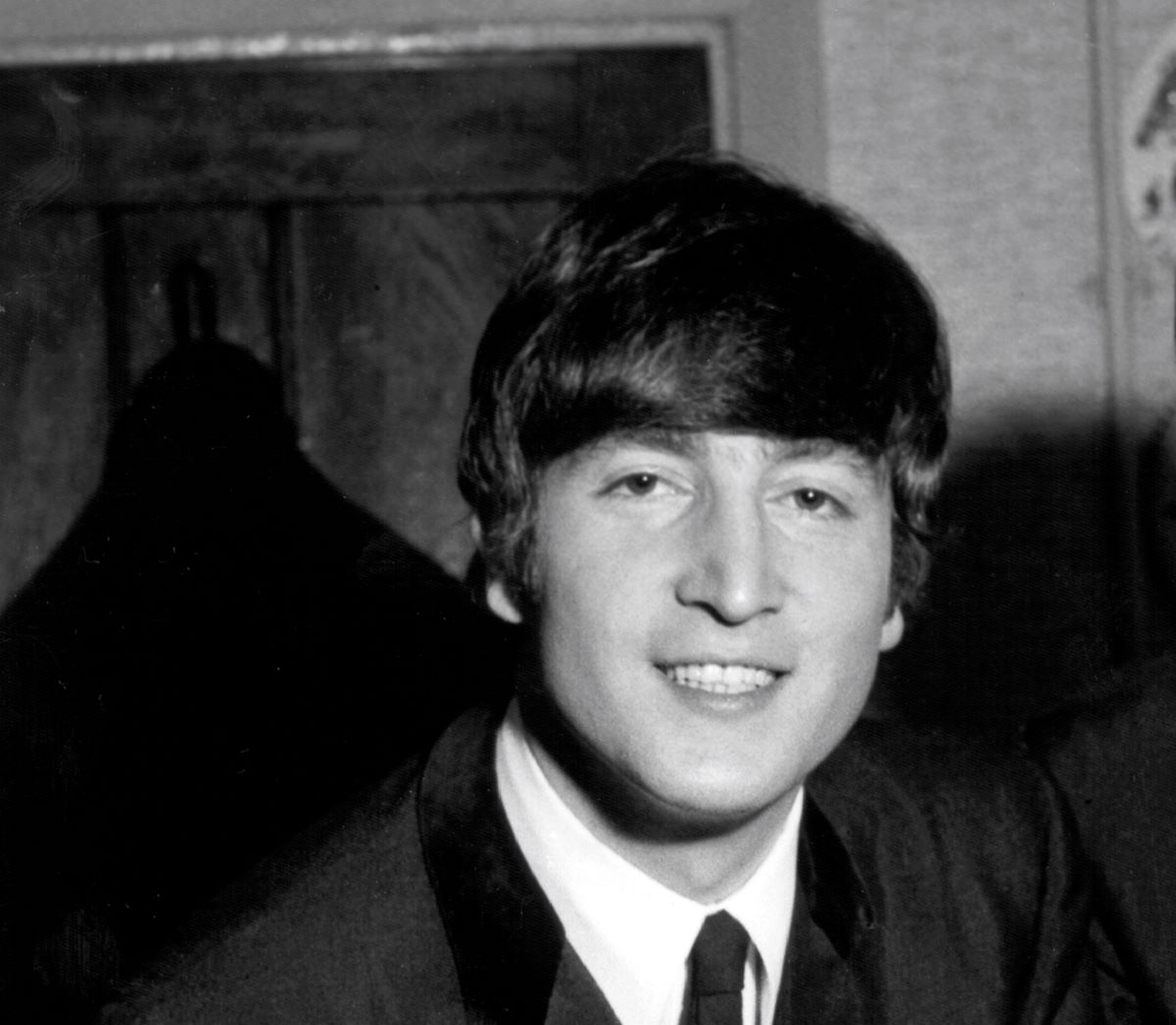By the time of The White Album, it was clear that John Lennon was in need of rejuvenation. The singer and songwriter had achieved everything he had set out to do when he first jumped into the studio with Paul McCartney, George Harrison and Ringo Starr. He needed a shot in the arm and that effervescent pulse of energy and artistic intent came from Yoko Ono.
Despite receiving a barrage of critical and personal attacks as the partner of Lennon, something she is somehow still suffering, Ono’s influence on the Beatle is undeniable. The likelihood is that without Ono’s influence Lennon may have never reached the full potential he was destined to in the band’s later years. The Japanese artist did this by envigorating the singer to once again use his art as a way to express the intense feelings he was going through at the time.
One song that certainly saw Ono’s influence was The White Album song ‘Julia’, the song that acts as an ode to his mother and a love letter to his new love. It may well be full of Freudian notations but it’s hard to deny the life-giving and talent-enhancing influence that Ono had on this track and, in turn, Lennon’s whole life.
Lennon sadly lost his mother in 1958 as she was struck down just outside his bedroom window by a vehicle who refused to stop and offer help. The victim of a hit and run, it is widely thought that Julia Lennon suffered from an undiagnosed mental health condition and represented a troubling figure in Lennon’s life. The singer may have spent most of his formative years under the tutelage of Aunt Mimi but his mother, Julia, would loom over everything the genius Lennon would do.
The best way for him to accept and move on from these feelings was to write a song and Lennon picked up the guitar while the Fab Four were in India, studying under the Maharishi Mahesh Yogi, and penned one of his most honest and open songs. Though Ono’s influence on the track would come later, the acclaimed folkie Donovan would help out from the very beginning, showing Lennon how to fingerpick guitar.
Donovan had also been in attendance in India and once shared how he became Lennon’s teacher for a short while, “Some afternoons we would gather at one of our pads and play the acoustic guitars we had all brought with us,” remembered the songwriter when speaking to Barry Miles for Many Years From Now. “Paul Horn, the American flute wizard, was there. John was keen to learn the finger-style guitar I played and he was a good student. Paul already had a smattering of finger style. George preferred his Chet Atkins style. John wrote ‘Julia’ and ‘Dear Prudence’ based on the picking I taught him.”
The song ‘Julia’ was certainly inspired by his mother but the real overarching influence came from Yoko Ono, with the line “ocean child calls me” being a particularly obvious reference to Ono’s surname which means ‘child of the sea’. “Julia was my mother. But it was sort of a combination of Yoko and my mother blended into one,” Lennon told David Sheff in 1980.
‘Julia’ also took inspiration from the poem ‘Sand and Foam’ by the extremely trendy Lebanese poet Kahlil Gibran with the opening words taken from Gibran’s lines, “Half of what I say is meaningless; but I say it so that the other half may reach you.” There are other nods to Gibran too with imagery including “seashell eyes” which hinted that Lennon’s poetry was not confined to his own mind.
While it is easy to see the influence of countless people on ‘Julia’ the track is actually the songwriter’s most honest number. It sees him finally exorcise his demons about his mother and the loss of her both before and after her death after years of writing songs alluding to mother/love figures. While it’s clear that Lennon’s musings would be a joy for any Freudian thinker to pick over, what remains is one of the lasting testaments to Lennon’s devotion to his art.
The only thing he is more devoted to is, of course, Yoko Ono. In the song, Lennon essentially tells his audience that he has finally found a love in Yoko that can match his mother’s and given a new life of artistic creation because of it. With Yoko Ono, Lennon believed he could do anything.



